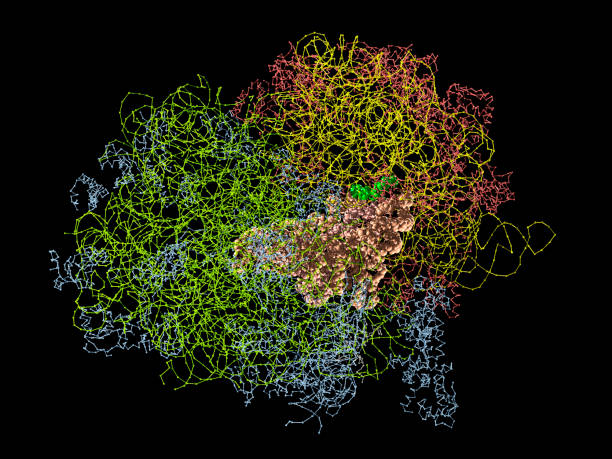Dementia, ApoE, and Longevity
Dementia is now the 7th leading cause of death in the United States and rates are increasing.
The numbers are concerning.
Here are some troubling facts from Alzheimer’s Disease International:
- Someone in the world develops dementia every 3 seconds.
- There are over 55 million people worldwide living with dementia in 2020.
- This number will almost double every 20 years, reaching 78 million in 2030 and 139 million in 2050.
- Much of the increase will be in developing countries.
A glimmer of hope:
There is some good news however. Dr Dale Bredesen, a neurologist has developed a program that has halted or even reversed dementia in some patients. Here’s another article about his work.
Bredesen has identified about 37 potential causes for dementia and has developed a program to identify and then try to correct these causes. We have found in our practice that most patients with dementia have about 10-12 potential causes and they include toxins (including mold), elevated homocysteine (a sulfur containing amino acid), suboptimal B vitamins and inflammation. We will cover these factors in the next 2 blog articles.
ApoE – the genetic variable.
The one factor that causes dementia that can not be changed is your genetic tendency towards Alzheimer’s disease, and this is determined by your ApoE gene status. The ApoE gene allele is involved in lipid metabolism and the ApoE 4 variant is thought to influence amyloid- beta protein deposition and tau pathology in the brain. Abnormal tau and amyloid proteins in the brain can cause them to aggregate into tangles which cause impaired neuron cell transport and communication leading to cognitive issues.
The ApoE gene has 3 major alleles (variants) E2,E3 and E4. Each person inherits two alleles-one from each parent resulting in six possible genotypes:
- ApoE2-least common variant and associated with a decreased genetic risk for Alzheimer’s disease.
- ApoE3 is the most common variant with no increased risk for Alzheimer’s disease.
- ApoE 4 is the variant with increased risk of Alzheimer’s disease. The person most at risk for Alzheimer’s disease is ApoE 4/4-which means they inherited the E4 allele from BOTH parents. Some research has shown that these patients have up to a 90% risk for Alzheimer’s disease.
- Conversely patients with a ApoE 3/3 pattern have about a 11% risk for Alzheimer’s.
ApoE testing is easily obtained with a simple blood test.
Testing early can help.
Patients can generally be split into two camps – those that definitely want to know their ApoE status and those who definitely don’t! Our suggestion is that patients get tested if they have concerns and or a family history as Dr.Bredesen has shown – albeit in a limited study – that even patients that are ApoE 4/4 can still halt or reverse cognitive decline with the correct interventions.
Interested in testing to see if you have the ApoE gene? Contact us here.

